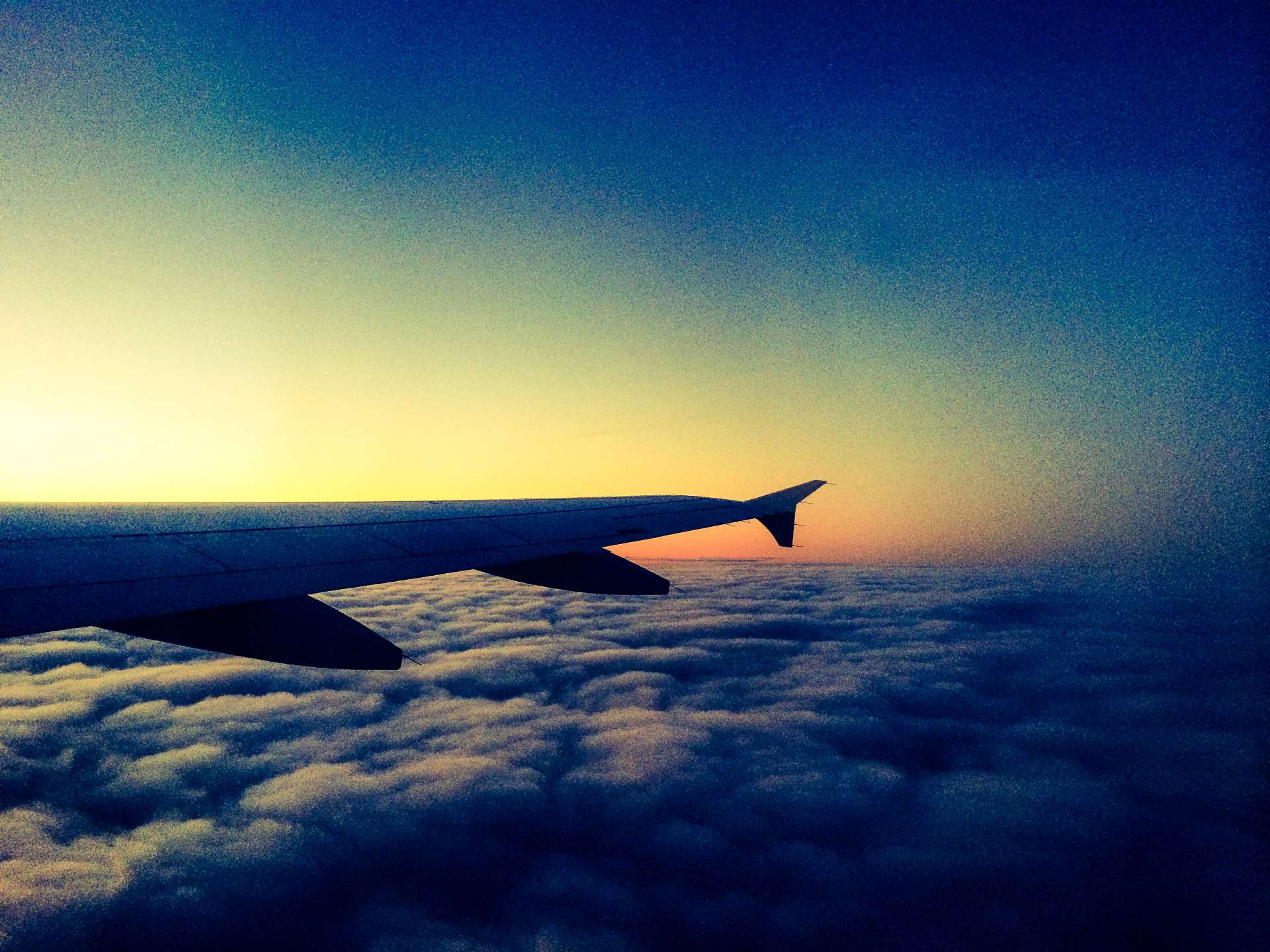
duwillstpipiseinaberdubistannika
vakantio.de/duwillstpipiseinaberdubistannika
Culture, what is it actually?
प्रकाशित भइल बा: 01.11.2016
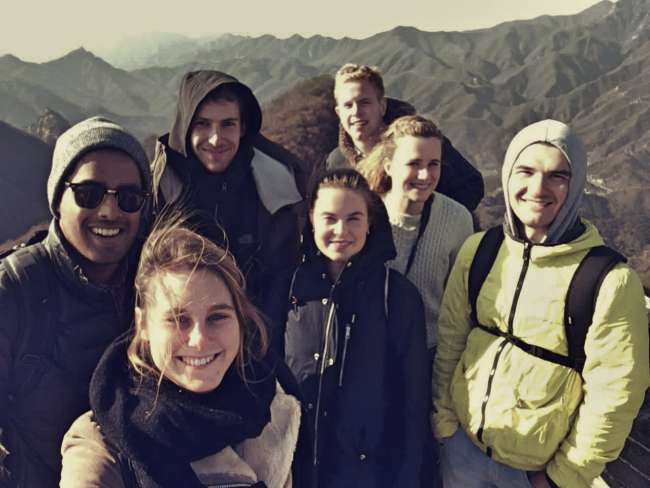
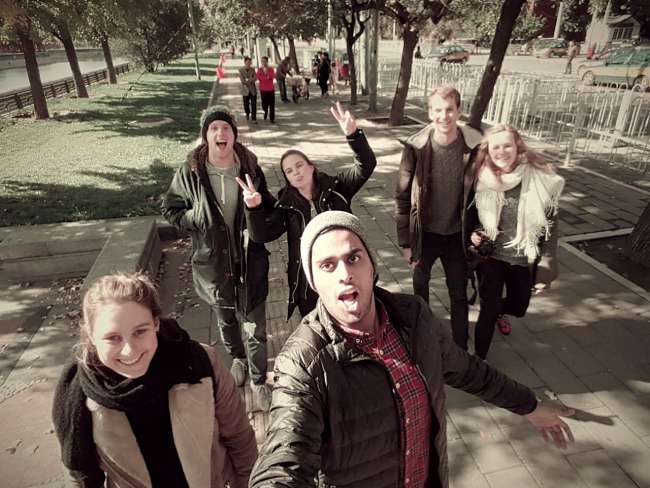
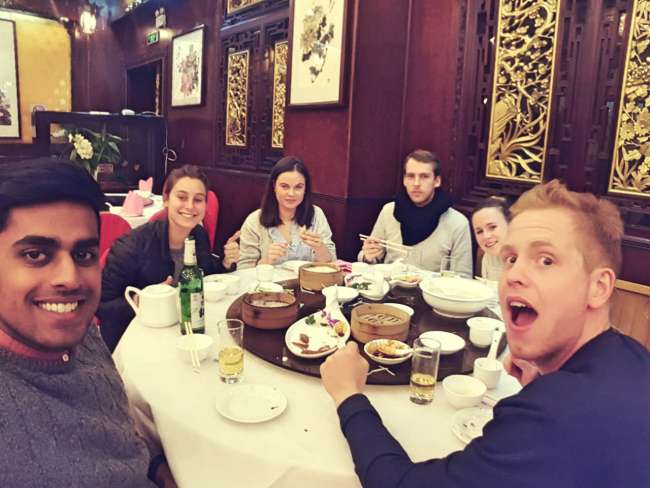

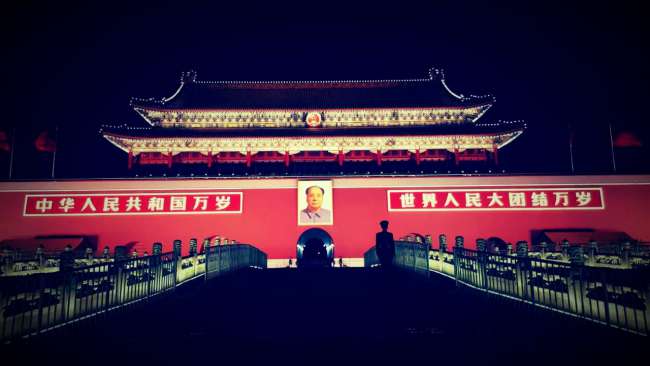
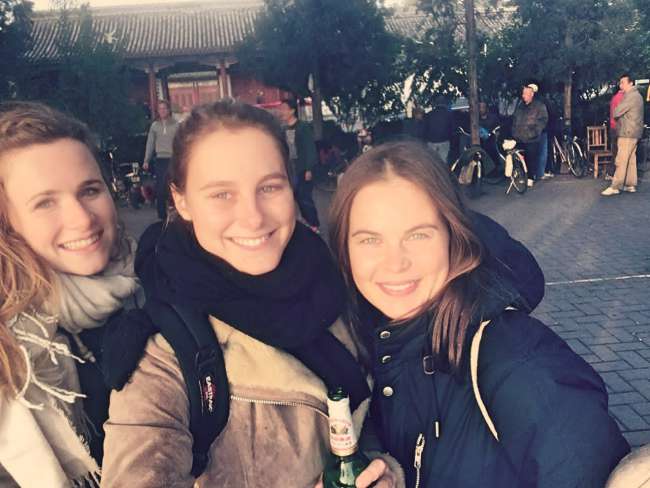
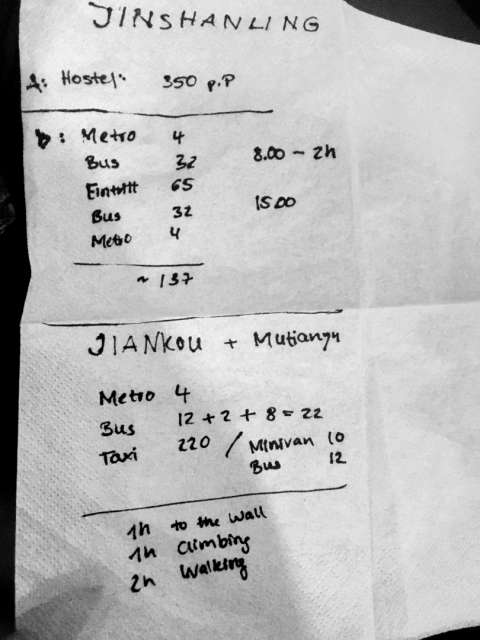
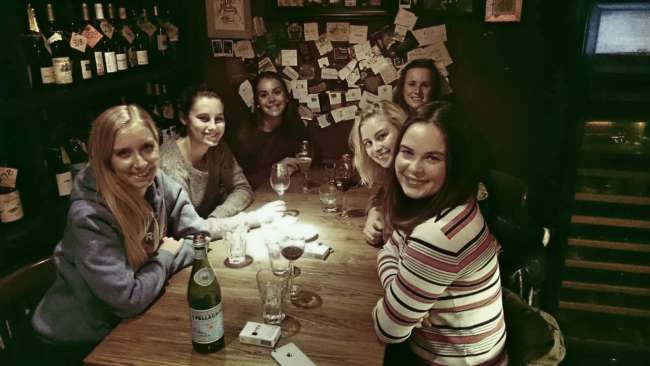
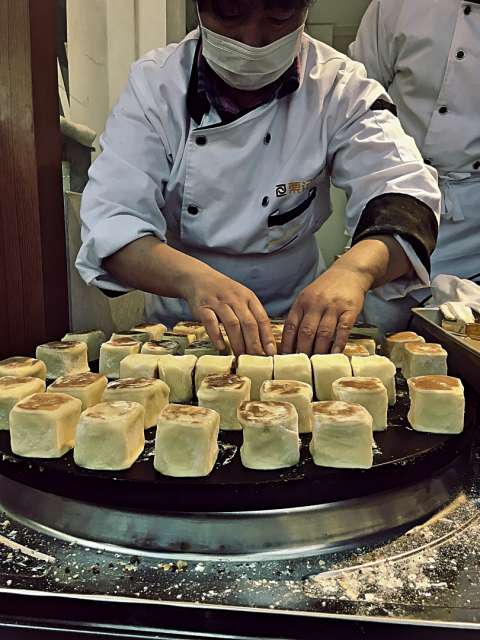
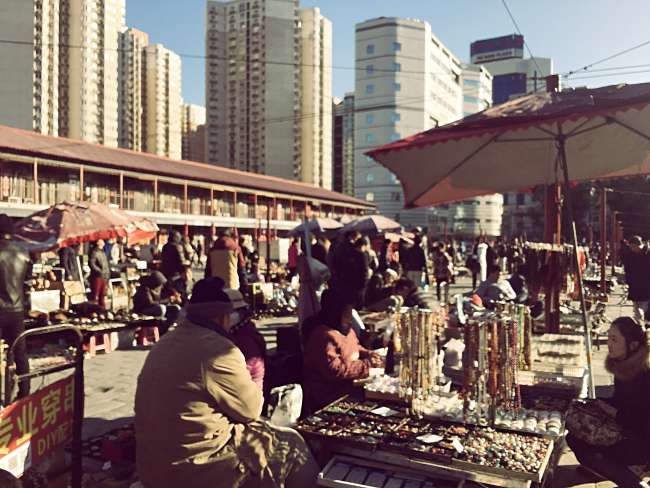
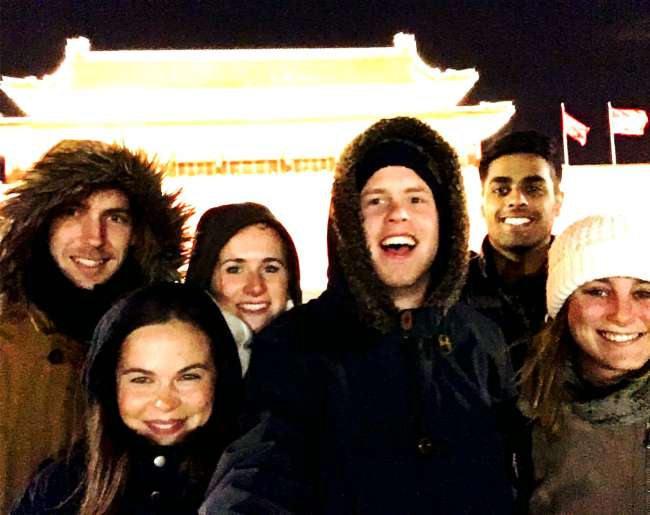
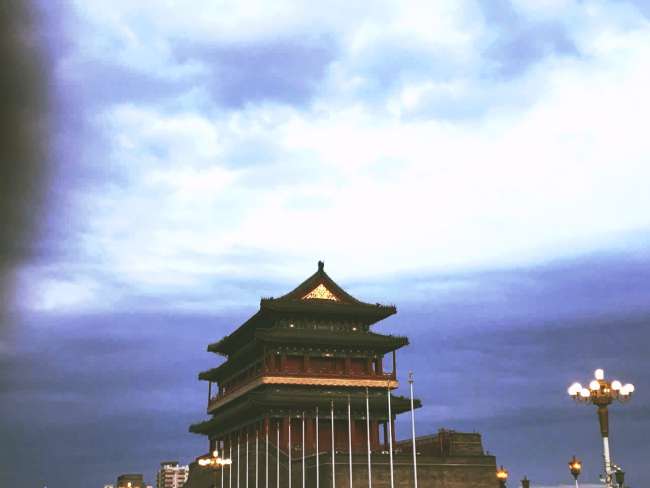
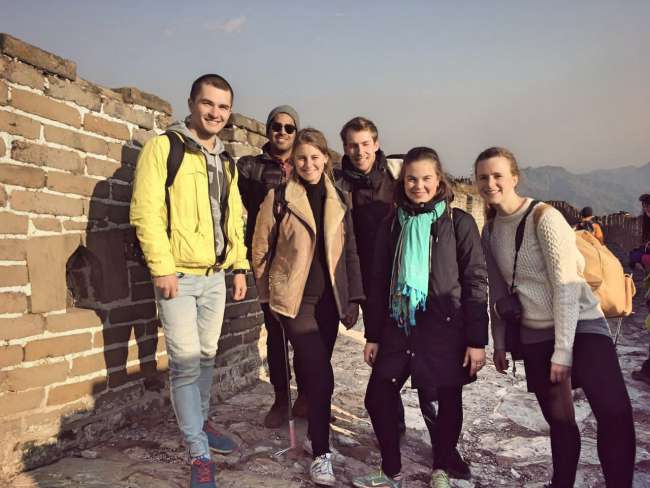
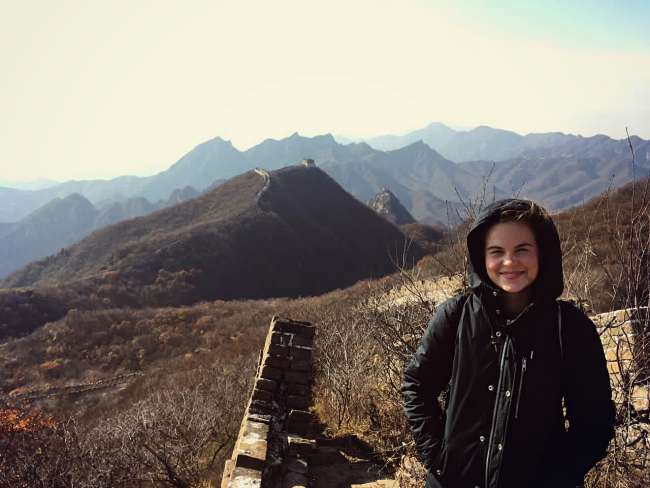
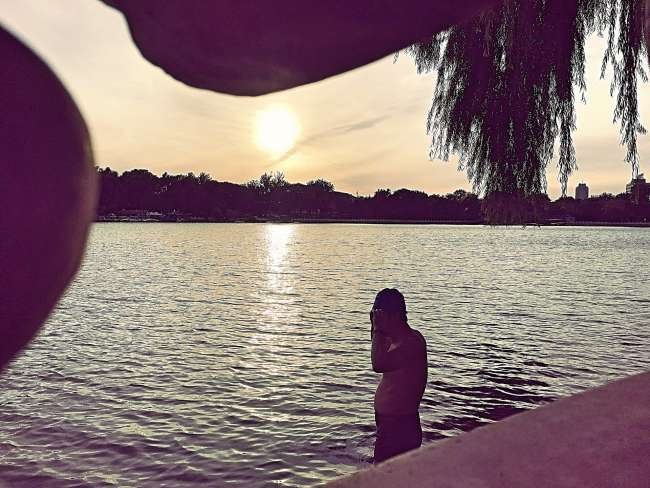
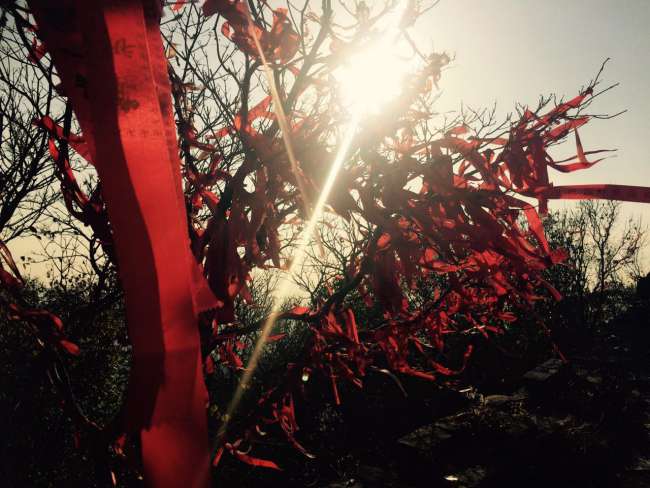
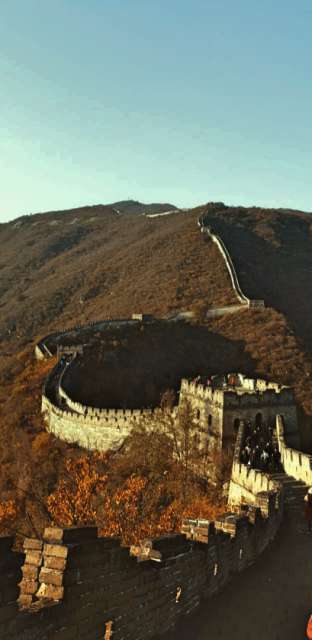
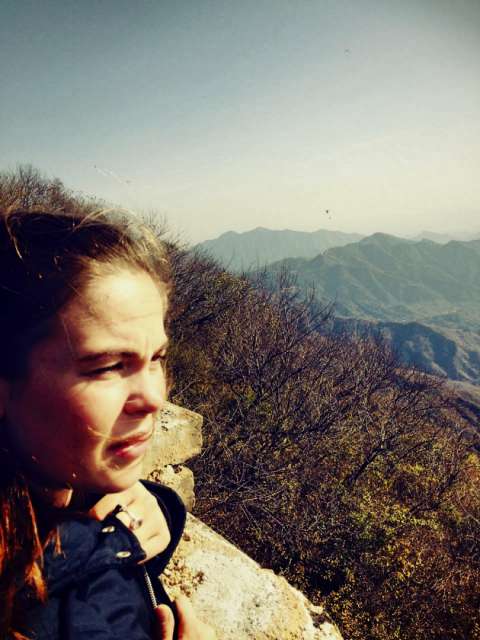
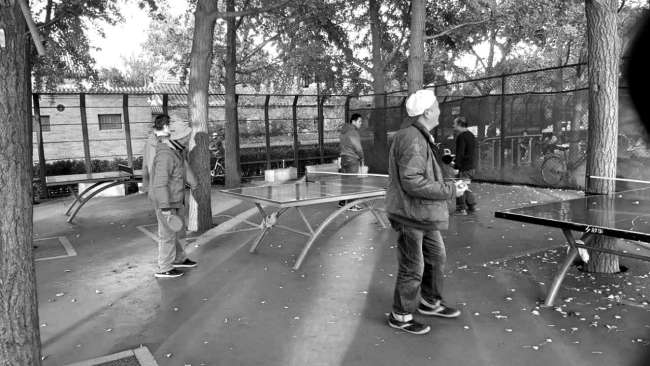
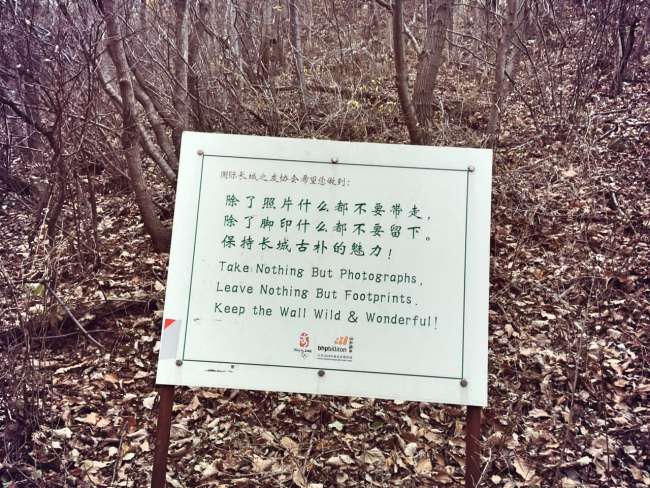
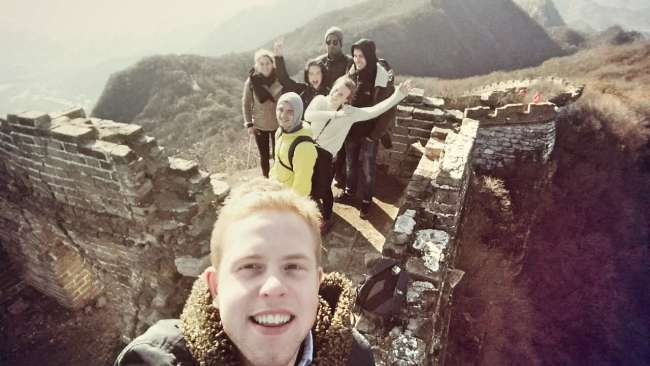
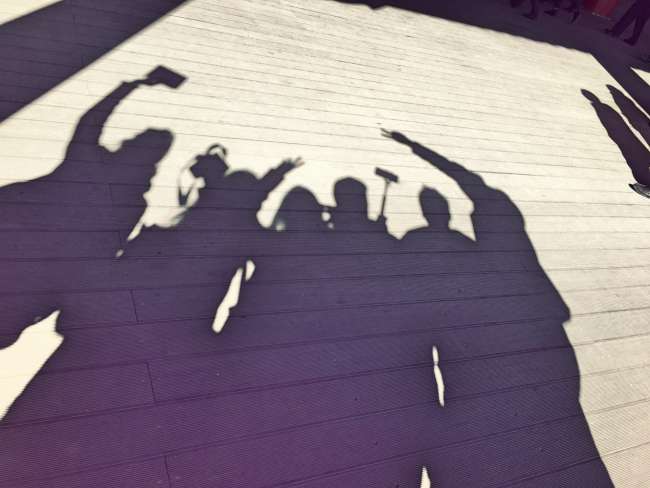
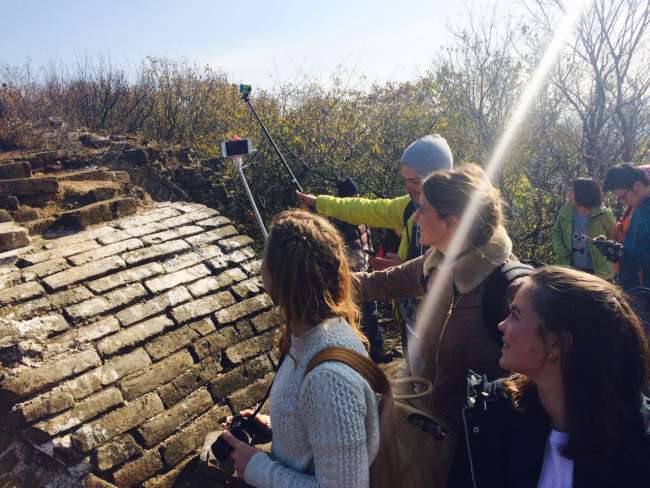
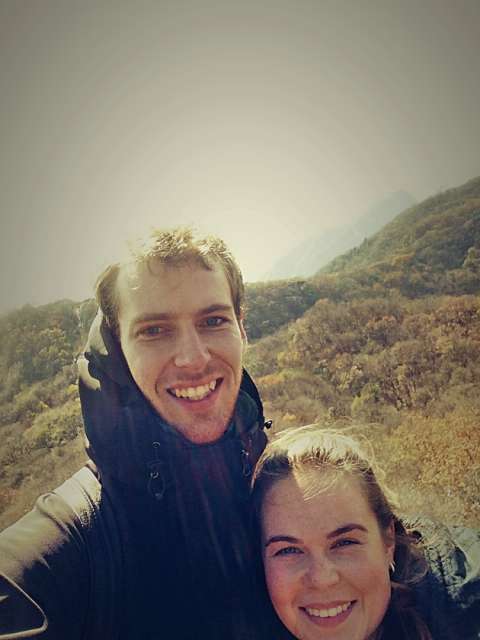
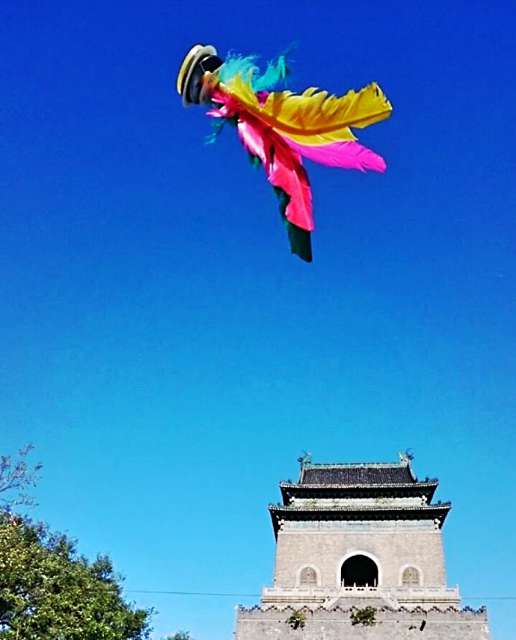
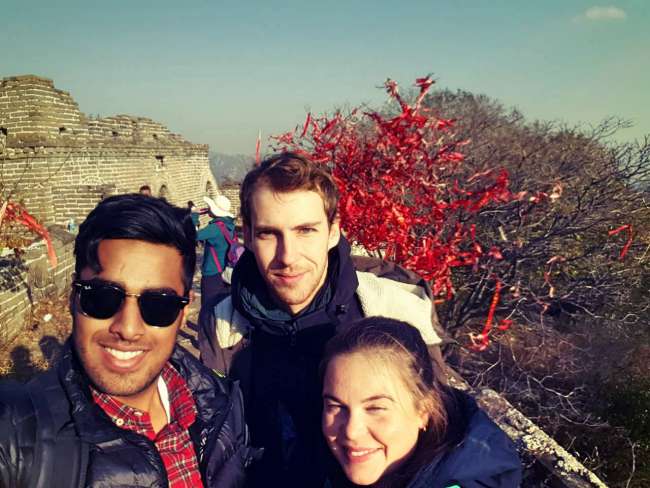
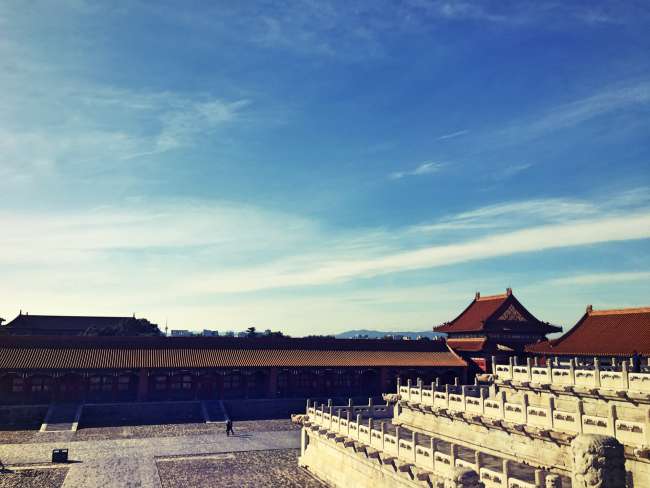
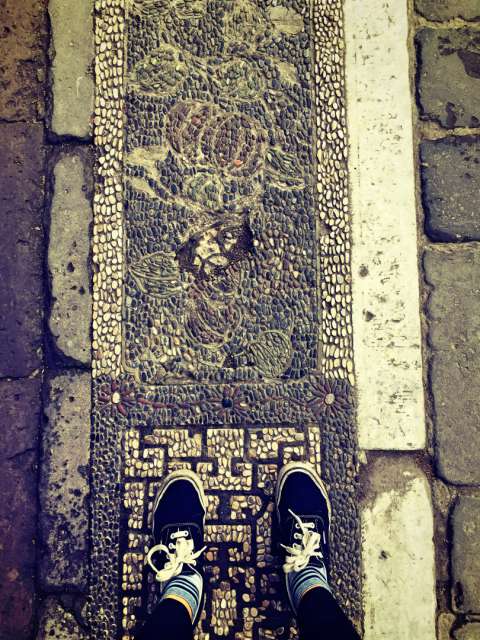
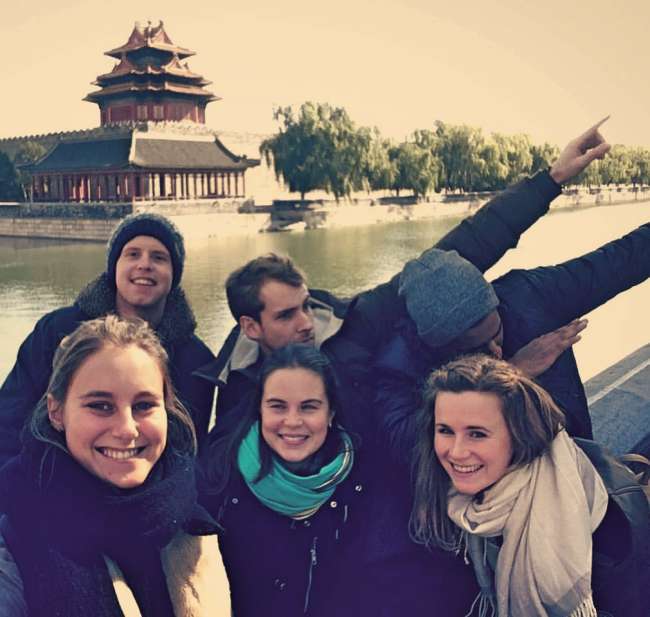
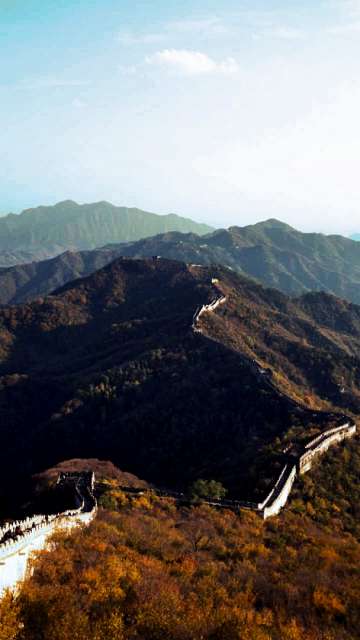
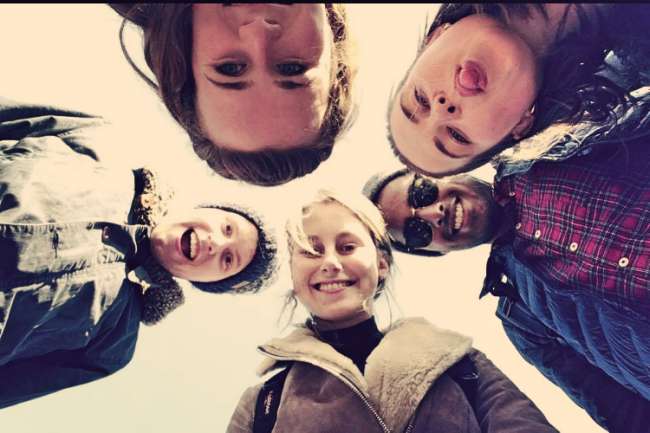
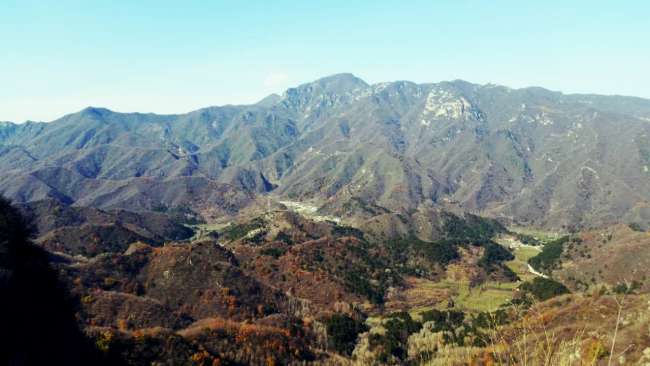
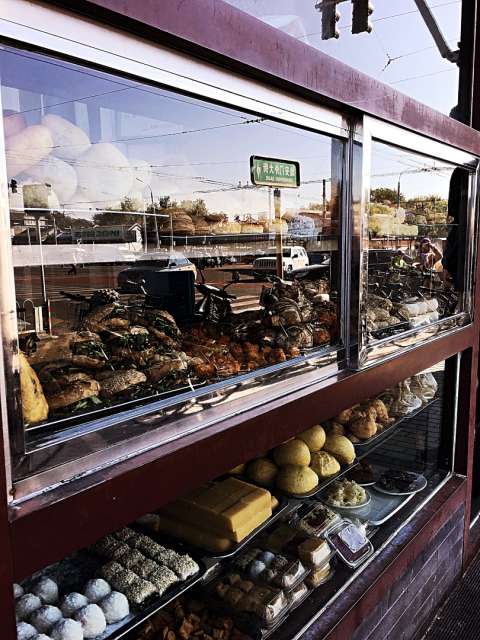
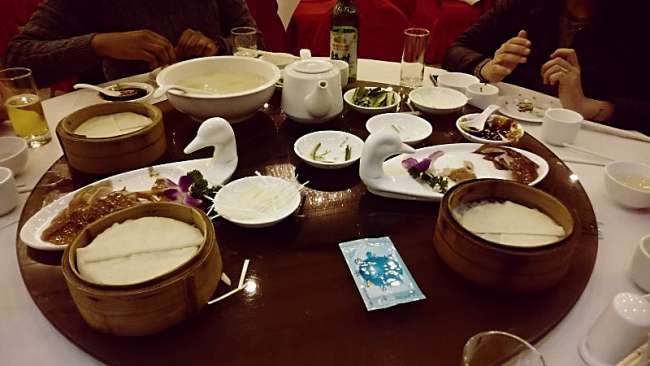
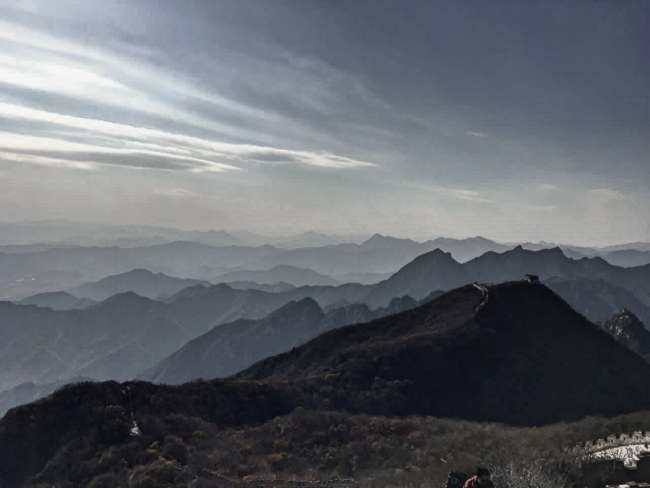
न्यूजलेटर के सब्सक्राइब करीं
After two months in this place and the first digestion phase of all the unfamiliar impressions, a new phase of experiencing the other culture is now beginning.
Another culture, what does that actually mean? The history of the country? The language? Or maybe the food, the art....?
For me, the concept starts much earlier with seemingly simple little things that I slowly begin to understand or at least accept, sometimes even adapt.
In the first few weeks, I had more of a feeling of a culture shock, almost an overdose of new and contrasting things, rather than a real exchange. Taking the subway, which seems so organized and strict, but ends up in a wild crush, pushing and sweating every time. Going out to eat, which always triggers disgust, surprise, enjoyment, and many question marks at the same time. The climate and the air that create a touch of vacation feeling in November and at the same time give you the feeling that you should buy a face mask at the next Family Mart. The smells that keep everyone's nose busy, from perfumed malls to rotting garbage dumps. The sounds of uncoordinated whistling policemen at chaotic intersections, spitting and snotty bus drivers, or loudly slurping businessmen in fancy suits on the subway. Taxi rides, where you either end up at the destination or somewhere completely different, depending on the mood. The long nights in modern clubs with breathtaking views and European dancers that end up in a Chinese KTV karaoke bar in the early morning. The encounters with people from familiar cultures and colleagues who slurp during lunch and take an hour to sleep on the desk in the afternoon. The sight of living pets in too small cages, dead animals hung up for consumption on the street, and animals that are half alive and half dead, for which you don't really know what they are intended for.
All these initial impressions are so different, so intangible and incomprehensible, that one rejects them at the beginning.
But then comes a second phase. A phase in which a real exchange begins for me. In this phase, I get a Jianbing on the street for breakfast instead of eating oatmeal with milk. I jostle on the subway and ignore the security check at the entrance. I no longer care what exactly is floating in the noodle soup or which animal the meat in the rice comes from. I start running outside on days when I can hardly see a kilometer, ignore red traffic lights, and don't turn around when an unknown smell tickles my nose. I learn to say my addresses in Chinese and greet the security man at the entrance to work. The VPN client is less and less needed because I can find my way without Google Maps and with headphones on. I also know where to find the best dumplings, who repairs the scooter the cheapest, and which fruit stand is the cheapest. I no longer calculate in EUR but in RMB, and with that, the perception of cheap and expensive also changes. The standard promoter clubs are no longer really exciting and are traded for a relaxed evening at home or sports in the community center.
The new, foreign city has become home in a way, and I look forward to 'home' when I come back to my apartment after a trip. Especially in conversations where I had to defend the city, which not long ago seemed strange and inaccessible, I realized how much I had already arrived and how comfortable I felt.
We spent Sophia's last evening together with the other girls (Carmen, Camille, Friederike, and Chloé). After Sophia had recovered a bit from her stomach problems, we first went to the Italian restaurant and then to a small bar for a glass of wine..... I enjoyed the red wine that I treated myself to for a change, the conversations about education, travel, and the different views on China.
The next day, unfortunately, it was time to say goodbye. Another whole week had passed. Somehow, the world seems to turn faster over here....
It was very nice to share my parallel universe and give some impressions. But there was not much time for mourning, because on the same evening after work, the suitcase was already packed and I went to the capital city of 'our' country with Camille, Friederike, Bilal, Victor, and Yannik. The surprisingly comfortable train took us from Shanghai to Beijing in 11 hours.
Since we were all used to the hustle and bustle of the big city and getting around in chaos and among Chinese people, the arrival at the hostel went relatively smoothly for Chinese standards. Full of energy, despite a slight lack of sleep from the night on the train, we immediately set off for the Forbidden City (by the way, for those who don't know yet, with up to 15 million visitors per year, the Forbidden City is the most visited museum in the world.) In ancient times, the emperors claimed to be the Son of Heaven, which is why they were granted the highest power of Heaven. The Emperor's earthly residence was modeled after the Purple Palace, where God resides in Heaven. Such a divine place was, of course, forbidden to ordinary people and was therefore called the Forbidden City. The sky was clear and cold, the tourist crowds were limited, so it was a great start. On the way back to the hostel, we walked along a lake where Beijing's retirees met to play table tennis, take an evening swim, or play the traditional game of Jianzi (a kind of shuttlecock that is kicked back and forth in a circle with the foot), in which the men of the group immediately joined in.
In the evening, we were all exhausted from a wonderfully sunny but freezing cold day and fell into bed after a few relaxed beers at the hostel. The alarm clock rang early the next morning. We had a breakfast appointment at 7 am. The symbol of China was on the program. The Great Wall of China is the largest structure ever built by humans. It was built to defend against Mongolian nomadic tribes that repeatedly invaded China. Like a big snake, the Great Wall winds for over 21,196.18 kilometers.
But we didn't want to visit the Great Wall like every average backpacker tourist and take an overpriced tour there, no. Thanks to Friederike, the plan was to go on our own with a local bus and climb the part of the wall called Jiankou, which is about 73 kilometers north of the city of Beijing. This section connects the Mutianyu Wall with the west in 10 kilometers. This section of the Great Wall of China was built in 1368 during the Ming Dynasty. The Jiankou Wall is constructed from the large rocks of the surrounding hills and mostly follows along a mountain ridge. Due to the lack of repairs, the Jiankou Wall is one of the most dangerous sections of the entire Great Wall of China. The "Heaven Staircase" feels like it's going up at a 90° angle and is so narrow that you can only put one foot in front of the other. The watchtower known as "the Eagle Soars Upwards" is the highest section of the Jiankou Wall and offers a breathtaking view.
The journey on our own went more or less well. After some initial difficulties in the Beijing Metro, we arrived in a completely deserted natural landscape after about 2 hours. With Ruslan from Russia, whom we had picked up on the bus, and who was now accompanying us, we headed towards the wall through forests and meadows. After a march of about an hour, we saw it in front of us. We climbed up briefly and enjoyed a truly magical atmosphere of a great view, sunshine, and a kind of heaviness about the history of the wall that began as early as 722 BC and over whose memories we now walked so easily....
Unfortunately, the return journey in the early evening was not as easy as we thought. After walking about 1.5 hours to the east on the wall, we were now fruitlessly looking for a way to get back to Beijing. The taxi drivers demanded an inhuman price, and the buses were somehow not well connected. After the nerves and strength were almost exhausted, we finally found a place on the floor of a bus that took us back to the city. A short power nap, a counter beer, and the young travelers were ready for the upcoming Saturday night. We had burgers and whiskey cola at Heaven's Supermarket, a little late, and then went to DADA for some electronic beats, where we didn't leave until 7 am the next morning. After 24 hours of sightseeing and dancing, it was time to crawl into bed.
The next day, we started a bit later and more calmly around 3 pm with a walk through Beijing and a traditional Beijing Duck meal. By the way, the Beijing Duck or Peking Duck, as we call it, is by no means what we imagine in Europe. Rather, it is a pretty boring but still delicious kind of wrap with cucumber, onion, and duck. After that, we went to a popular bar street called Sanlitun for a last drink and live music, even though our eyes were half open.
We spent Monday, again in sunny weather, cycling through the Chinese hutongs to the Drum Tower and a small local Chinese flea market.
Although I had imagined the capital of China completely differently, I was totally impressed and pleasantly surprised by the relaxed small-town atmosphere (even though Beijing, with 21 million inhabitants, is by no means a small town), the many Chinese shops, and green areas in the city. The days passed by so quickly, and everyone in the group enjoyed the time very much, even though it can be exhausting with 6 people on a city trip.
The return journey went by quickly in the high-speed train, and after arriving back in Shanghai around midnight, I let the weekend come to a perfect end with a hot coffee in my cozy little bed...
Now, a new (half) week is coming up before I head back on Saturday. Because my visa is already running out, and on Saturday morning, I'm heading towards sunshine to Hong Kong.
न्यूजलेटर के सब्सक्राइब करीं
जबाब
